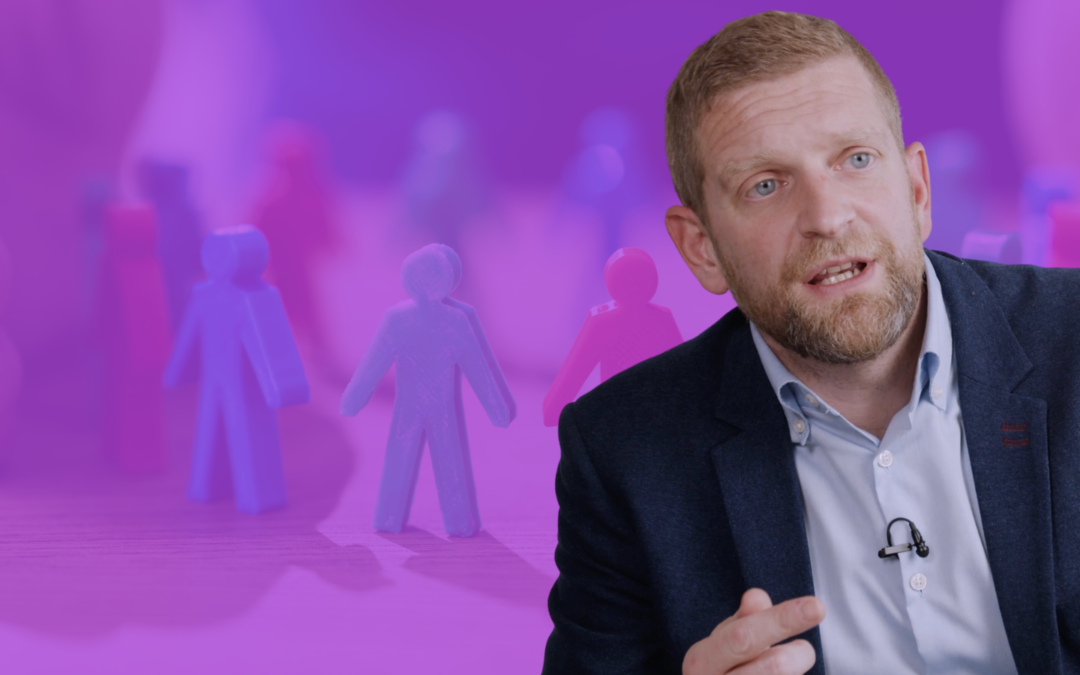Last month I completed the training to become a Fairness, Inclusivity and Respect (FIR) Ambassador, I don’t feel worthy of the title yet, but I have completed my training and made my commitment.
So why now?
Every now and again something jolts us outside of our comfortable perception of the world and our self. For some, this week it will be the unacceptable face of racism that reared its ugly head when three young Englishmen, missed a penalty and were abused for the colour of their skin. For me, it was closer to home, tripping over my own naivety and being challenged on a statement I made about being ill-equipped to lead on diversity issues because “I’m a middle aged, white man’. Even as I type it I cringe at how naïve that statement was – and, whilst it was a horribly uncomfortable moment for me, I realise just how important it was to be called out on it.
Like any moment of intense shame, I immediately set about trying to justify my statement, but the more I dug the more I realised there was no justification – my conscience wasn’t just pricked it was torn apart. I am not saying I didn’t think the FIR agenda was important, but the sad admission in that statement is that I didn’t fully grasp my responsibility as an individual in trying to lead and support change. The uncomfortable truths continued to flow in the self-reflection that shame typically drives. I had always leaned a bit towards the “this is a meritocracy” type thinking. When you stand back, this is almost as naïve and damaging as a statement that starts with those dreaded words “I’m not being racist but…”. I decided rather than wallow in the negative, I had to go back to school, in this case the Supply Chain Sustainability School, and address my ignorance with training.
The training has been eye-opening. There were more uncomfortable truths – I’ve hidden behind the internal monologue that “I have never worried too much about sexuality, gender, disability or race”, that I was pretty “right on” when it came to this “FIR stuff”. But, over the past couple of months I now understand why this is simply not enough.
The FIR agenda is about so much more than looking past diversity, it is about recognising the value in diversity. I had, wrongly, positioned FIR to be about sexuality, race and physical disability, I had failed to grasp the wider issues of age related prejudice, failed to recognise and support people with particular personality traits and failed to understand the impact of deeply hidden mental health issues and neural diversity which can leave people feeling isolated.
In the training I learned more about the dangers of conscious and unconscious bias, the importance of empathy, self reflection and awareness and how to regularly challenge myself and my beliefs. Part of the training was online and part in a workshop format, we looked in the workshops at how to create an environment which goes beyond being intolerant of intolerance, but ensures that nobody can be disadvantaged by anything we say or can control and how we can better work with those around us to ensure that the culture in our organisations and wider sector is equally welcoming and open to change. How we can create an environment that can and does celebrate diversity.
I can’t change the past, but I have been shamed and inspired over the past couple of months and recognised the need to redouble my efforts to be better today and in the future. I can draw confidence too from a better understanding of what fairness, inclusivity and respect really mean and my role in identifying and uphold these values. Vitally too I now have access to a network of other FIR Ambassador’s who have, like me, committed to being better, a network where we can learn from one anothers successes and failures without fear of judgement.
My FIR Ambassador’s commitment is to:
- Make a difference by influencing and inspiring others within my organisation
- Encourage colleagues at all levels to become engaged with Fairness, Inclusion and Respect issues.
- Collaborate with other FIR Ambassadors, particularly those outside my business to help drive cultural change within the construction industry
- Share knowledge and resources, both within my organisation and with other FIR Ambassadors
- Provide an annual update on my Ambassador progress to the FIR Programme team
And I urge anyone to call me out if I am not living up to this.
We have set up a FIR Toolkit on the FIS website and looking to embed the core principles of Fairness, Inclusivity and Respect in all that we do and help businesses to understand and champion diversity and ensure that the finishes and interiors sector is an environment where people feel welcomed, safe and included.
You can access the FIS Fairness, Inclusivity and Respect Toolkit here.
If anyone wants to talk about the Ambassador’s course, don’t hesitate to get in touch, links are in the above toolkit – I would recommend it to everyone.
Blog by Iain McIlwee, FIS CEO
E: iainmcilwee@thefis.org
M: 07792 959 481

